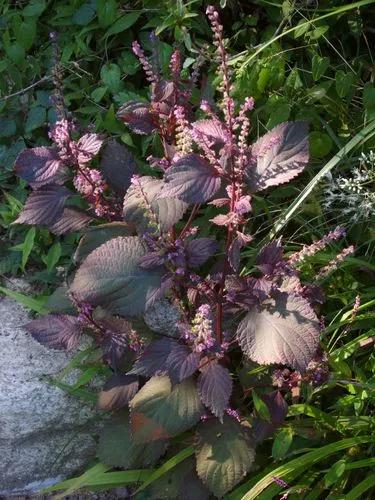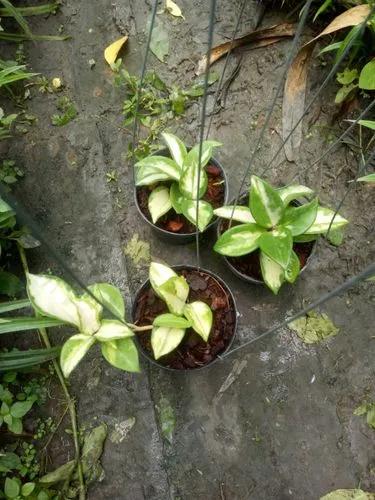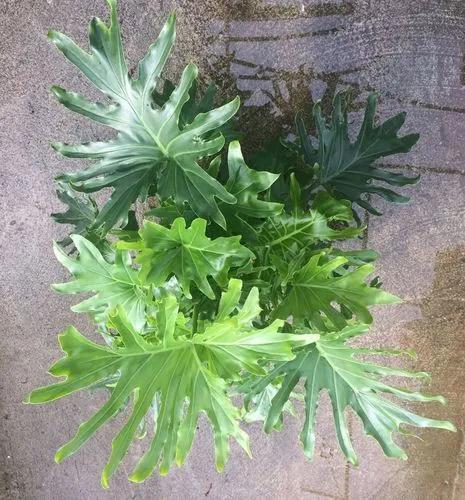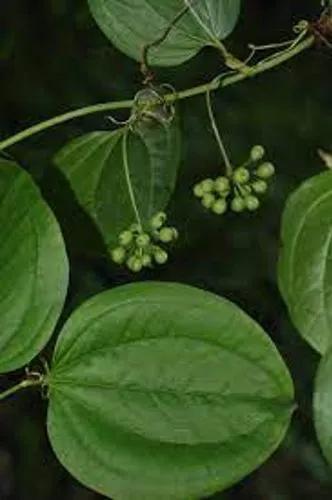The Pink Princess is a rare black-leaf philodendron with hot pink variegation. It is a hybrid created and patented in the 1970's (the last houseplant boom!). The young leaves emerge as a dark olive-green with white variegation, maturing to a deep black with bright pink spots. The variegation is highly visible.
Pink Princess Philodendron Care
Philodendron Erubescens 'pink Princess'
Other names: Philodendron Pink Princess, Blushing Philodendron



How to Care for the Plant

Water

Keep this plant moist, both when watering and misting, as it prefers moderate humidity and plenty of water. Let the soil dry out completely in between watering rounds. The ideal moisture is when only the top inch of soil is dry.

Pruning

If your plant has started to grow all green leaves, or all pink leaves, you'll need to prune your plant back a bit. Simply prune your plant back to the next leaf that has a balance variegation. When I pruned off the all-pink leaves, my plant started to grow back leaves that had a more balanced variegation.

Fertilizer

The best type of fertilizer for a Pink Princess is a balanced liquid fertilizer with micro and macro nutrients. Feed your plant every four weeks during the growing season—spring and summer. Stop fertilizing during fall and winter when growth slows down.

Sunlight

Pink Princess Philodendron prefers to be placed in a room with medium or bright indirect sunlight. Avoid direct sunlight as it might scorch the leaves. 2-4 hours of direct sunlight in the morning is fine.

Soil

Philodendrons thrive in soils that have peat moss, but they can tolerate mixtures like peat and vermiculite or peat and perlite. To provide them with plenty of water, add liquid to the soil directly.

Temperature

Ensure your Pink Princess a temperature range between 65 F-78 °F. Don't expose it to frost, not even to temperatures below 60 F.

Additional

Pink Princess Philodendron plants are toxic to pets in your home. The American Society for the Prevention of Cruelty to Animals (ASPCA) states that variegated philodendrons are toxic to cats and dogs. The sap contains calcium oxalate crystals, which cause severe irritation to the skin or when ingested. The Philodendron Pink Princess—botanical name Philodendron erubescens—is a trailing plant in the family Araceae. Apart from the splendid pink and dark green leaves, the plant is identified by large waxy leaves. These leaves can grow up to 9” (22 cm) long and 5” (12 cm) wide.

Popularity

6,798 people already have this plant 1,281 people have added this plant to their wishlists
Discover more plants with the list below
Popular articles






